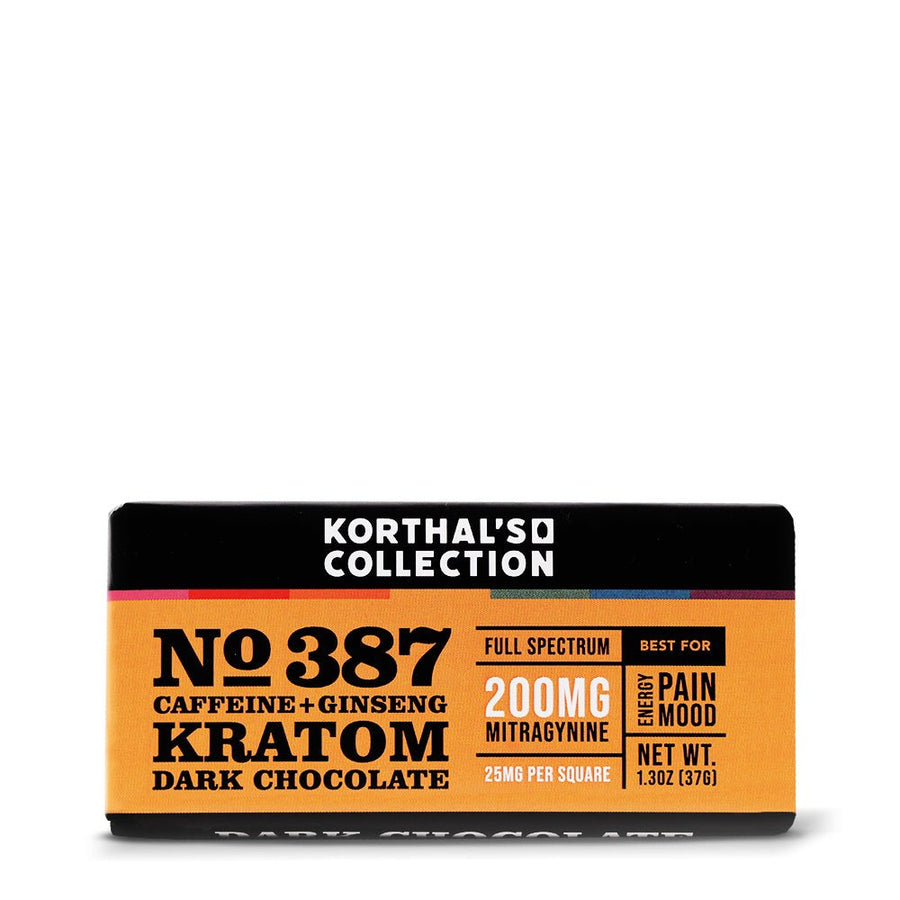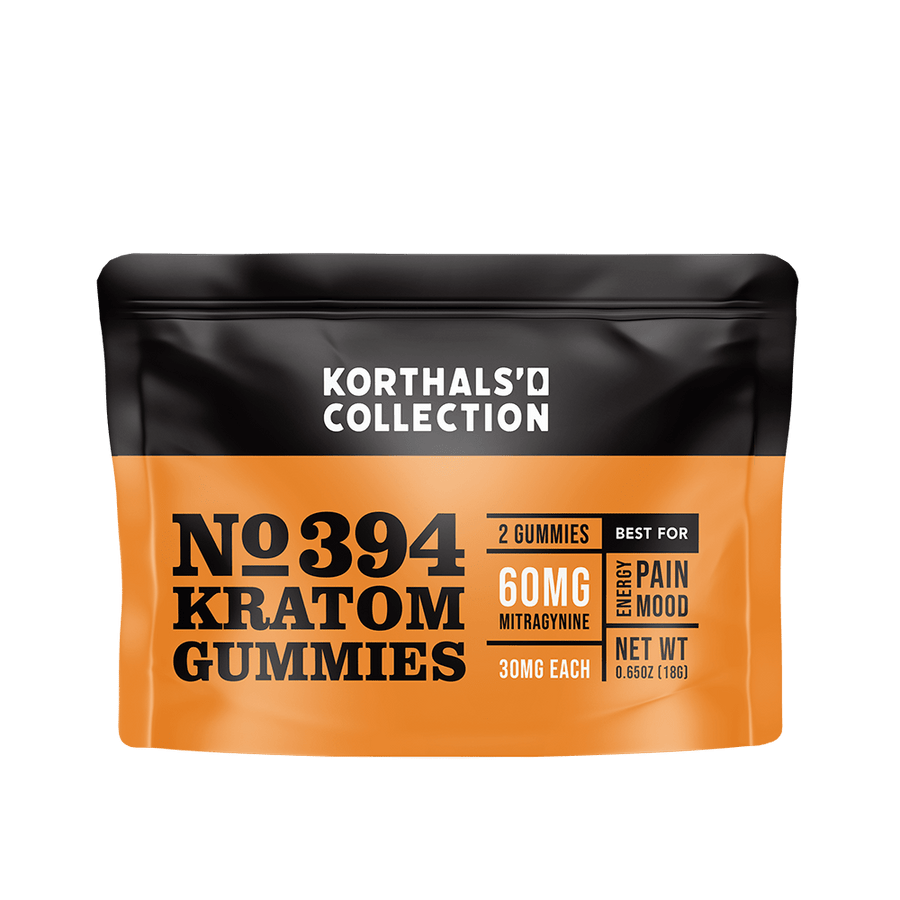What Are Cannabinoids?
Cannabinoids, or phytocannabinoids, are chemical compounds found in the cannabis plant. Most consumers are familiar with the two major cannabinoids, cannabidiol (CBD) and tetrahydrocannabinol (THC), but the cannabis plant contains over 100 cannabinoids. These compounds have numerous potential benefits and effects including reducing inflammation, aiding in sleep, providing stress relief, and much more. The therapeutic benefits of cannabinoids have been used for thousands of years, and researchers continue to discover more information about cannabinoids and their effects.
How Do Cannabinoids Work in the Body?
Our bodies naturally produce cannabinoids referred to as endocannabinoids in the endocannabinoid system (ECS). This system is so paramount that Cerebrum, a magazine dedicated to the study of the brain, describes it as “one of the most important physiologic systems involved in establishing and maintaining human health.” Endocannabinoids are responsible for activating responses in the body and brain to maintain homeostasis or balance within the body. Cannabinoids act as endocannabinoids inside the body, and like endocannabinoids, cannabinoids engage the ECS receptors, CB1 and/or CB2, to produce different effects. Many individuals use cannabinoids, like CBD, to produce therapeutic effects and to help with their overall wellness. Cannabinoids have numerous potential benefits, and each cannabinoid interacts differently with your body’s endocannabinoid system.
What are Some of the Most Common Cannabinoids?
There are many different cannabinoids, but science has only investigated the effects of a select number of commonly occurring compounds. While more research is necessary to discover every cannabinoid and its full potential or effects, some of the most common cannabinoids have many potential wellness benefits. Learn more about the most popular cannabinoids and their effects below:
Tetrahydrocannabinol (THC)
THC is the most prevalent and well-known cannabinoid in the cannabis plant. When people refer to THC, they are usually talking about Delta-9 THC despite the multiple forms of THC found in the cannabis plant. Different forms of THC have varying levels of psychotropic effects, which have the ability to alter mood, behavior, and perception. You may be familiar with some of the following forms of THC:
• Tetrahydrocannabinolic Acid (THCA) is a compound found in the cannabis plant, known to be a precursor to Delta-9 THC, and it may be beneficial in helping to ease nausea.
• Delta-9 THC is the main psychoactive cannabinoid found in the cannabis plant, and it can alter your perception by binding to the receptors in your body that affect coordination, thinking, concentration, and pleasure. Research indicates that Delta-9 THC may also have restorative effects to aid in pain relief, sleep, and appetite issues.
• Delta-8 THC has similar effects to Delta-9 THC, but its effects are much milder. There is a slight difference in the way it interacts with your ECS to produce more physical relaxation, and it may even aid in sleep for many consumers.
• Delta-10 THC has similar effects to Delta-9 THC and Delta-8 THC, but it is much milder than these forms of THC. Its energizing effects also differ significantly from Delta-9 THC and Delta-8 THC. Many consumers have found Delta-10 THC beneficial for encouraging creativity, increasing focus, and promoting alertness.
• Tetrahydrocannabivarin (THCv) is a lesser known cannabinoid present in low amounts in the cannabis plant. Its benefits may include reducing stress, relieving symptoms related to anxiety or panic attacks, and acting as appetite suppressant.
• THC-O Acetate (THC-O) is a hemp-derived isomer converted from CBD with strong psychotropic properties, and it may also help reduce pain, promote relaxation, and decrease stress.This cannabinoid is sometimes referred to as “the spiritual cannabinoid.”
Cannabidiol (CBD)
CBD is a non-psychoactive compound, meaning it does not alter mood, consciousness, cognition, perception, or behavior. This is one of most well-known cannabinoids due to its wide range of benefits and ability to help other cannabinoids interact effectively within the body. CBD is usually derived from hemp, which produces high levels of this cannabinoid and contains less than 0.3% Delta-9 THC. Research indicates that CBD may provide powerful pain relief as well as potentially decreasing inflammation, alleviating stress, and aiding in sleep.
Cannabigerol (CBG)
CBG is a minor, non-psychoactive cannabinoid that may help regulate bodily functions, maintain homeostasis, and provide antibacterial properties. This cannabinoid is known as “the mother of all cannabinoids” because it converts into other phytocannabinoids. CBG may be beneficial in helping to decrease inflammation, pain, and nausea as well as potentially promoting relaxation and boosting mood. Many individuals have found CBG beneficial for digestive issues and symptoms of anxiety. Research also suggests it may help with bone growth.
Cannabichromene (CBC)
CBC is a non-psychoactive cannabinoid which may have strong anti-acne and anti-inflammatory properties. This cannabinoid is created when cannabichromenic acid (CBCA) breaks down after being exposed to heat or ultraviolet light. CBC may also encourage healthy brain function, stimulate appetite, and help defend against certain neurological diseases. CBC may also be beneficial in boosting mood, stimulating appetite, and providing stress relief. Research suggests CBC may act as an antidepressant to help provide individuals with more motivation.
Cannabinol (CBN)
CBN is a minor, non-psychoactive cannabinoid often referred to as “the bedtime cannabinoid” because of its calming effects. As Delta-9 THC ages and oxidizes, it turns into CBN. CBN may help improve appetite, promote bone health, and relieve pain or inflammation. Research also indicates CBN has strong antibacterial and anti-inflammatory properties.
Can I Combine Different Cannabinoids?
When multiple cannabinoids are taken together, the behavior of the combined cannabinoids may be enhanced within the body, a process known as the entourage effect. Taken alone, cannabinoids may not act as strongly as when taken with others. We offer a variety of products that are made with a combination of cannabinoids. Full spectrum products contain a full profile of cannabinoids, like CBD, and other compounds including flavonoids, terpenes, essential oils, and fatty acids. Broad spectrum products also contain a full profile of cannabinoids and other compounds with any trace amounts of Delta-9 THC removed. THC Free products use an isolated cannabinoid which does not include any Delta-9 THC.
How Can I Find the Right Product for Me?
Finding the right product will depend largely on your needs, wants, and preferences. Many cannabinoids are available in several forms including tinctures or oils, cartridges, flower, edibles, beverages, and topicals. Each form works differently in your body, so it is important to find the right fit for you. Many customers find personal consultations helpful in determining which cannabinoid and method of delivery works best for them. Visit us in-store for a personal consultation with our doyens or schedule a virtual consultation appointment online.




















































